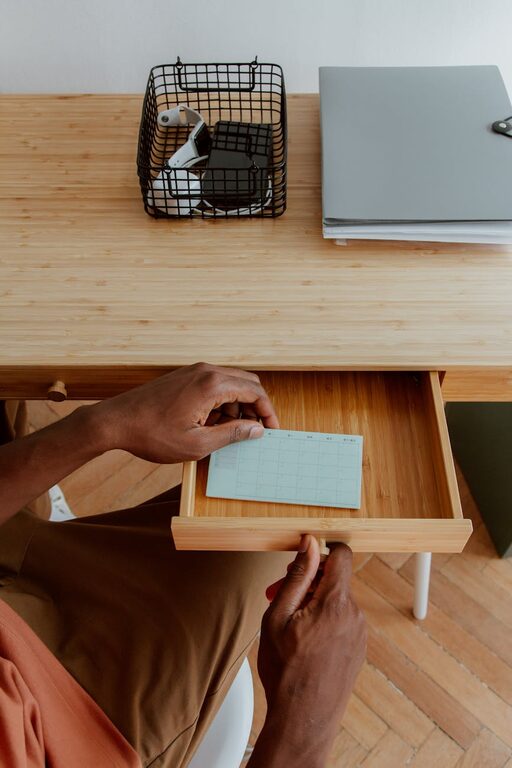Reducing paper clutter is a common challenge in many households. From mail piles to receipts and old documents, paper can quickly accumulate and create unnecessary stress. The good news is that with a few simple habits and tools, you can keep your household papers under control. This guide will walk you through easy strategies to reduce paper clutter and maintain an organized home.
Why Reducing Paper Clutter Matters
Paper clutter not only takes up physical space but also makes it harder to find important documents when you need them. It can impact your sense of calm and make everyday tasks more time-consuming. By reducing paper clutter, you create a more organized environment that fosters productivity and peace of mind.
Start with a Clear Sorting System
A clear sorting system is the foundation for managing paper efficiently.
Create Designated Zones
Set up specific areas or containers for different types of paper:
– Incoming mail
– Bills and statements
– Receipts
– Important documents (tax forms, warranties)
– Junk or recycling
Having these zones helps prevent papers from piling up indiscriminately.
Sort Immediately
Make it a habit to sort mail and papers as soon as they come into your home. Take a moment to discard junk mail right away, and place important items in their designated zones. This stops clutter before it starts.
Go Digital Wherever Possible
Many papers can be eliminated by switching to digital formats.
Opt for Electronic Statements and Bills
Most banks, utilities, and service providers offer electronic statements. Signing up for these reduces incoming paper dramatically and lets you access documents anytime online.
Use a Scanner or Mobile App
For important documents you want to keep, consider scanning them into digital files. Many free apps let you easily scan receipts, contracts, or notes and save them as PDFs on your computer or cloud service.
Organize Digital Files
Just like physical papers, digital files need organization. Create clearly named folders and use consistent naming conventions to find what you need quickly.
Limit What You Bring Into Your Home
Controlling incoming paper is key to reducing clutter.
– Unsubscribe from junk mail and catalogs you no longer read
– Request “no mail” options for solicitations if available
– Minimize printed materials by asking for emails or online access
These steps reduce the volume of paper you need to handle daily.
Use Simple Storage Solutions
For papers you need to keep, storage matters.
Use Filing Folders or Boxes
Label folders by category (e.g., taxes, medical, insurance) and keep them in a dedicated file box or cabinet. Only keep what’s necessary to avoid endless accumulation.
Use Desk Trays or Baskets
A small tray or basket for daily papers can keep them contained and remind you to process them regularly.
Set Up a “To Do” Paper Spot
If you have forms or paperwork you must fill out or act upon, keep them in one spot to avoid losing or forgetting them.
Schedule Regular Decluttering Sessions
Paper clutter isn’t a “set and forget” matter. Regular maintenance is essential.
– Set aside 10-15 minutes weekly or biweekly to sort papers
– Shred unnecessary sensitive documents promptly
– Update your filing system by removing outdated items
Consistency keeps clutter from creeping back in.
Make Use of a Shredder and Recycling
Protect your privacy by shredding papers with personal information before recycling. Having a shredder nearby encourages prompt disposal and keeps clutter from building up.
Recycling reduces waste and keeps your home environment cleaner.
Tips to Prevent Future Paper Clutter
– Handle papers once: decide immediately whether to keep, act, or discard
– Maintain clear spaces for incoming and outgoing papers
– Stay disciplined about digital document backup and naming
– Encourage household members to follow the system
Conclusion
Managing household paper clutter doesn’t have to be overwhelming. By adopting simple habits like sorting promptly, going digital, limiting incoming mail, and regularly decluttering, you can enjoy a tidier, more organized home. Remember, the key is consistency and having systems that work for your lifestyle. Start small today and watch your paper piles shrink!

